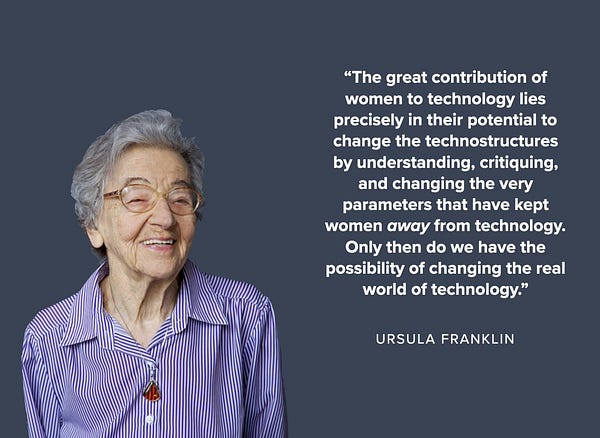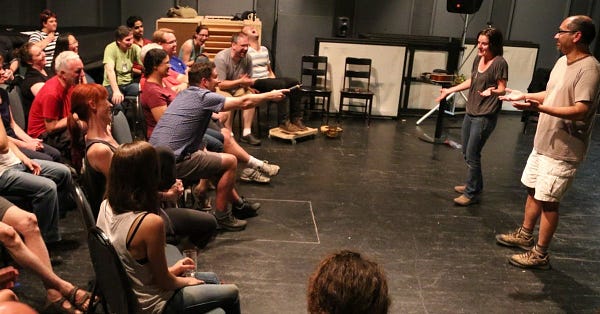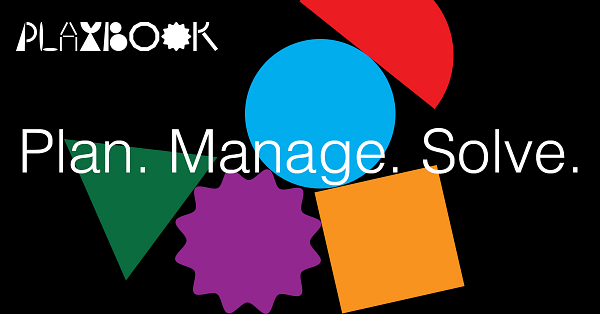✍️Science Writing News Roundup #36 (March 22, 2021)
Creating and sustaining an email newsletter + Diverse sources COVID-19 edition + Popular science writing training
Last October, Chandra Bozelko, Ambika Chawla, Jesse Kathan, Ciara Reyes-Ton, and reporting duo Elora Apantaku and Charmaine Runes were selected as recipients of NASW’s new Diversity Reporting Grants. Here’s what they produced. (Image by NASW)
🚵 Opportunities
Your story could be this year's Oakes Award winner: Submit your best environmental reporting before April 22.
The application for the Rosalynn Carter Fellowships for Mental Health is now open for residents of the United States, Latin America, Qatar, and the United Arab Emirates.
A group of climate journalists are launching The Uproot Project to support environmental journalists of color. The project is dedicated to advancing the careers of journalists who have been historically underrepresented in environmental and science journalism.
The Health Affairs Podcast Fellowship is a new program for U.S.-based individuals with an interest in health policy and storytelling.







🏞️ Tips
Creating and sustaining an email newsletter. Publishing a newsletter can be rewarding in many ways: It can help writers grow their audiences, hone their writing skills, fill gaps in news coverage, and advance their careers, writes Marina Philip.
Science journalist talks about pivoting during the pandemic: Stephani Sutherland, a freelance writer focused on chronic pain issues, talks with AHCJ about how she made the pivot to a new reporting specialty and how she has been finding new stories during the pandemic.
📰 News
Updates for freelancers: Pandemic assistance and the PRO Act. Recently, the U.S. House of Representatives passed the PRO Act. This legislation is described as a bill that protects workers' right to organize, but there’s an issue, the inclusion of the ABC Test, that is of particular concern to freelancers—and the editors and publishers who hire them.
How well does the media cover the climate movement? Despite a wealth of evidence establishing climate change as a story of massive, global importance, many news organizations still needed to be led out of the darkness, according to Mark Hertsgaard, the executive director of Covering Climate Now.
📹 Videos
🔬 Tools
The Verge’s Nicole Wetsman on the tools she uses for covering health news: The Verge talked to one of their top science and health reporters to find out how she does her job and what tools she uses.
Diverse Sources: COVID-19 Edition. Visit NPR’s Source of the Week's new mini-database. It holds 100-plus experts from racially or ethnically underrepresented backgrounds who can provide context and insight on the pandemic. Read more about it on the Source of the Week website.


🛤️ Events
Free Book Writing Discussion with Author and Agent Panel (March 23, 2021)
How to Research, Write and Publish a Solutions-Focused Book (March 24, 2021)
The Toughest Audience: Writing Science-Themed Books for Young People (March 24, 2021)
The State of Science Journalism: A Conversation with Laura Helmuth, Editor-in-Chief of Scientific American (March 25, 2021)
Career Night in Science Communication (March 25, 2021)
SCIENCE TALK '21 (March 24-26, 2021)
Covering the COVID-19 vaccine: What journalists need to know (March 29 - April 25, 2021)
Webinar: Investigative Climate Reporting (March 29, 2021)



📬 Jobs and internships
Communications Officer, The Foundation for the National Institutes of Health, North Bethesda, MD
Content Team Lead, EMBL Heidelberg, Germany
Environment & Climate Change Reporter, CapRadio, Sacramento, CA
Student science writer, UW-Madison, Madison, WI
News Intern, Nature Magazine, United States
Scientific Communication Officer, European Medicines Agency, Amsterdam, The Netherlands
Social Media Producer, AAAS, Washington, DC
SEA Change, Communications Intern, AAAS, Washington, DC
More jobs 👉Science Writing News Roundup #35
👉 Don’t miss any updates from the Science Writing News Roundup:
Worried you missed something? See previous newsletters here. What would you like to see in the newsletter? Please send me your suggestions by replying to this email: sciencewriting@substack.com😃
If you liked this post, share it with your friends 💙





